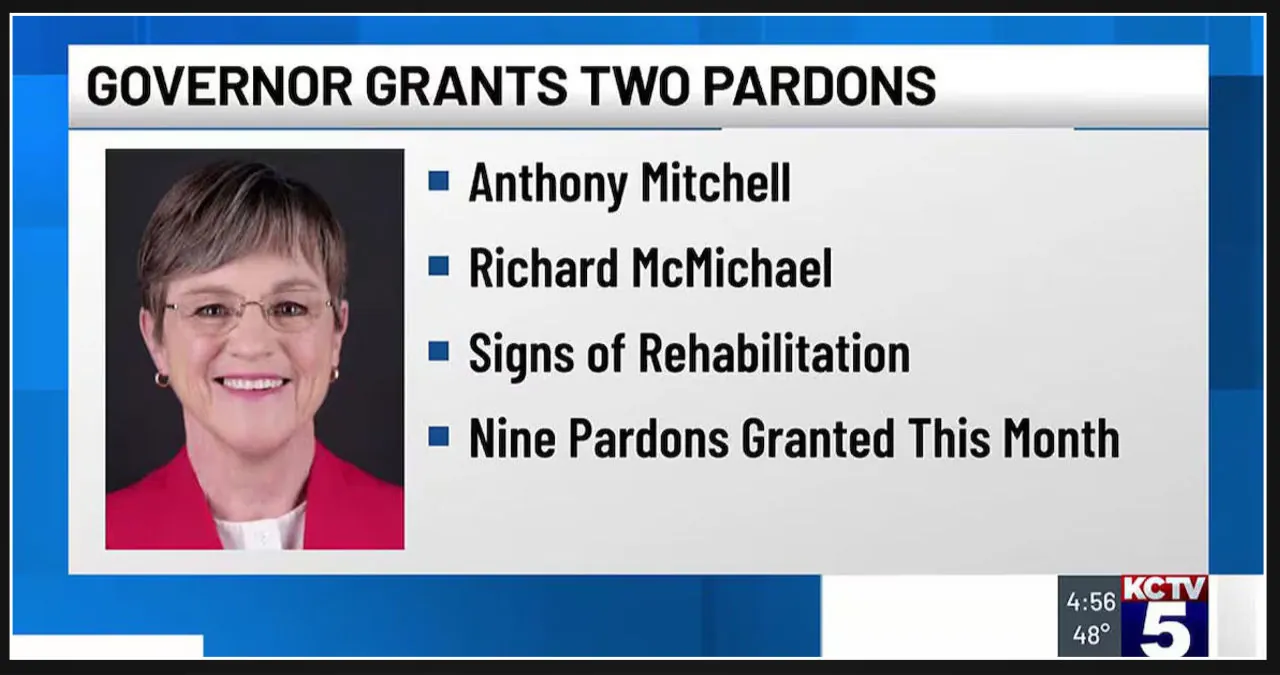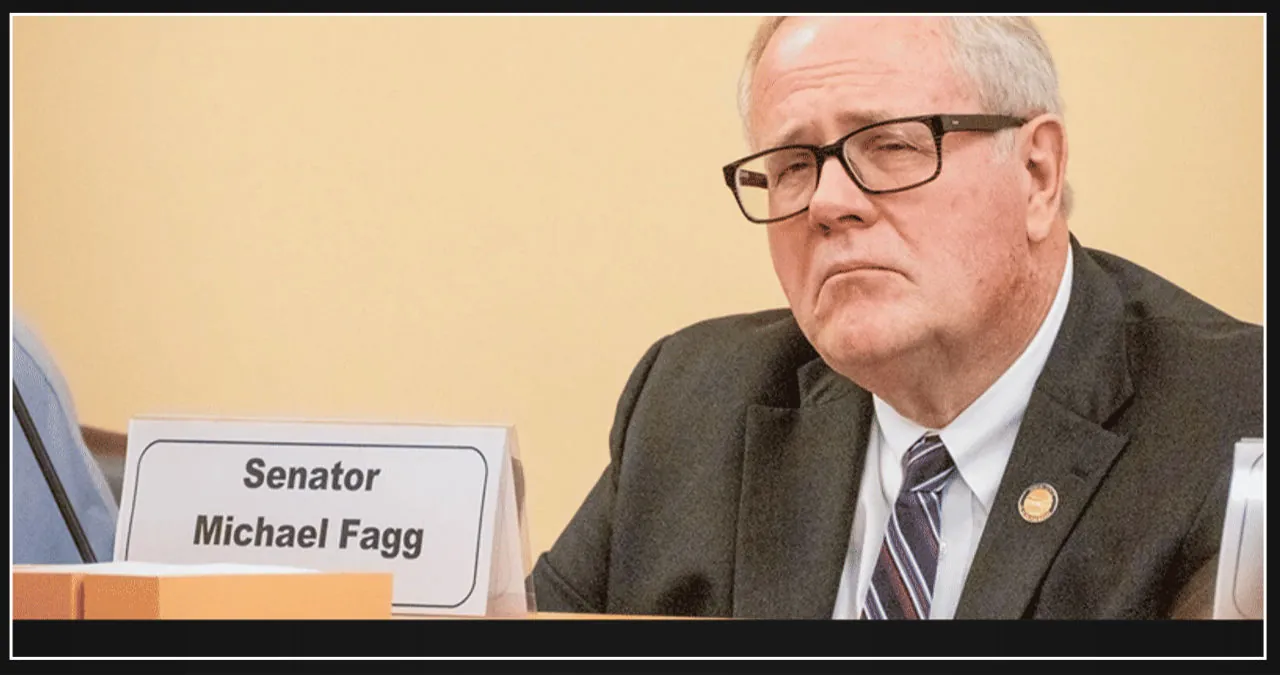Trevor Hawkins, an attorney at Legal Aid of Arkansas, recalls the overwhelming workload he faced when work requirements were temporarily imposed on Medicaid recipients in the state. His office was inundated with frantic phone calls from individuals who expressed their inability to meet the new rule due to their poor health or responsibilities of caring for sick family members.
According to Hawkins, numerous individuals began receiving notifications after a couple of months, informing them that they were no longer in compliance and at risk of losing their coverage. He emphasized that for many individuals, retaining their coverage was crucial for their overall health and recovery, as it played a significant role in their ability to return to work.
In April 2019, a federal judge put a stop to Arkansas’ policy of requiring certain Medicaid recipients to engage in work, volunteering, education, or job training in order to qualify for benefits. Prior to the halt, which occurred in June 2018, approximately 18,000 adults had already lost their coverage.
During the previous Trump administration, Arkansas was among the 13 states that were granted permission to implement work rules for certain Medicaid recipients. Additionally, there were nine other states that sought approval to enforce Medicaid work requirements but had not received it before the end of Trump’s term.
With the Biden administration taking office, all the approvals were rescinded. However, with Trump’s return, those states will have another opportunity to pursue their goals, especially with a supportive U.S. Congress on their side.
Republicans on Capitol Hill are actively searching for methods to finance the extension of tax cuts that were put into effect during Trump’s initial term in office. Among the programs being targeted is Medicaid, which is funded through a joint effort between the federal government and the states.
According to the Congressional Budget Office, implementing Medicaid work rules, as desired by many Republicans, could result in a reduction of approximately $109 billion in federal spending over a ten-year period. This is because the responsibility for covering the costs of around 900,000 individuals would shift entirely to the states, while an additional 600,000 individuals would lose their insurance coverage. Currently, there are approximately 72.4 million people enrolled in Medicaid.
Arkansas has been actively pursuing its goals even prior to Trump’s win. In fact, Republican Governor Sarah Huckabee Sanders had already sought the Biden administration’s approval last year to implement work requirements for capable individuals who are covered by the state’s Medicaid expansion under the Affordable Care Act. These individuals are also enrolled in health plans acquired by Arkansas Medicaid through the state’s health insurance exchange. Currently, the application for this request is still pending.
Missouri Republicans have consistently advocated for the implementation of work requirements in Medicaid, particularly after the overwhelming approval of expanding eligibility for the program in 2020. Earlier this year, there was a brief resurgence of this initiative during a dispute among Senate Republicans regarding the renewal of taxes that fund Missouri’s share of Medicaid.
Georgia successfully won a legal battle against the Biden administration, and as a result, it has implemented work requirements for individuals enrolled in its partial expansion of Medicaid. Several other states, including Idaho, Mississippi, Oklahoma, South Dakota, and Tennessee, currently have pending requests to implement similar work requirements for their Medicaid recipients.
Supporters argue that implementing work, study, or career training requirements for Medicaid recipients can empower them to become self-sufficient and achieve financial stability. According to Kristi Putnam, the secretary of the Arkansas Department of Human Services, these requirements will encourage individuals to seize economic opportunities that can pave the way for genuine job advancement.
“According to Putnam, meaningful work has the power to connect individuals with a sense of purpose. Throughout the pandemic, there has been a noticeable decline in mental health due to the feelings of disconnection experienced by many individuals.”
Critics argue that these rules ultimately have a detrimental impact on a larger number of individuals compared to the benefits they claim to offer. A study conducted in 2020 by researchers from the Harvard T.H. Chan School of Public Health delved into the repercussions of the work requirements implemented in Arkansas. Surprisingly, the findings of this study revealed no indication that the policy effectively achieved its intended objective of encouraging employment. Instead, it uncovered substantial evidence suggesting that the policy resulted in adverse consequences, including reduced access to healthcare coverage and healthcare services.
According to the researchers, over 95% of the Arkansas beneficiaries who were surveyed had either already fulfilled the work requirement or were eligible for an exemption. The primary reason for individuals losing their coverage was their difficulty in verifying their compliance with the rules. As a consequence, many of those who lost their coverage faced adverse effects such as discontinuing their medications, delaying necessary medical care, and accumulating medical debt.
The researchers concluded that policymakers at the federal and state levels should take note of their results as a strong cautionary message when considering work requirement policies in the future.
Arkansas implemented rules during the initial Trump administration requiring Medicaid participants under the age of 50 to demonstrate that they engaged in activities such as work, school attendance, job training, or volunteering for a minimum of 80 hours per month. It is important to note that this rule only applied to individuals who became eligible for Medicaid after Arkansas expanded its coverage under the Affordable Care Act (ACA) to include adults with incomes up to 138% of the federal poverty level.
Certain individuals were not required to comply with the regulations if they met specific criteria. This included pregnant women, individuals with children under the age of 18 who resided with them, people with disabilities, individuals responsible for the care of someone who was unable to care for themselves, those undergoing alcohol or drug treatment, and individuals engaged in full-time education or job training.
Approximately 70,000 out of the total 270,000 Arkansans enrolled in Medicaid were affected by the recently implemented regulations, resulting in nearly a quarter of them losing their coverage.
Georgia, unlike Arkansas, has chosen not to expand Medicaid under the Affordable Care Act. Nevertheless, the state introduced the Pathways to Coverage program in July 2023. This initiative enables individuals with household incomes up to 100% of the federal poverty level, who do not qualify for Medicaid, to enroll in the program by meeting certain work requirements. It is worth noting that the qualifying activities and exemptions in Georgia’s program are similar to those implemented in Arkansas.
According to Fiona Roberts, a spokesperson for the Georgia Department of Community Health, there are currently 5,548 individuals enrolled in the program as of November 15th. She also mentioned that a total of 7,518 people have been enrolled in the program at some point. Roberts believes that this data demonstrates the program’s effectiveness in assisting individuals in transitioning from Medicaid to private insurance.
In its initial year, Pathways to Coverage fell short of expectations, enrolling approximately 4,200 individuals, significantly fewer than the state’s projected 25,000. KFF, a nonprofit health research group, revealed that the program’s expenses reached $26.6 million by the end of 2023, with over 90% allocated to administrative and consulting costs. Had Georgia chosen to fully expand under the ACA, the federal government would have shouldered 90% of the expenses, providing coverage for approximately 359,000 individuals in the state.
According to Leah Chan, the director of health justice at the Georgia Budget and Policy Institute, individuals residing in rural areas face significant difficulties when it comes to meeting work requirements.
According to Chan, having broadband internet access is crucial for individuals to upload the necessary documentation and pay stubs. However, many eligible individuals, especially those in rural areas, struggle to keep up with these requirements due to additional barriers to participation.
‘Learning from mistakes’
Benjamin Sommers, a professor of health care economics at the Harvard T.H. Chan School of Public Health and one of the authors of the Arkansas study, believes that the outcomes from the implementation of work requirements in Arkansas and Georgia should serve as a cautionary tale for other states.
“People ended up losing their coverage because of bureaucratic obstacles, which resulted in them being uninsured. Unfortunately, this led to a situation where they had even less access to healthcare,” Sommers explained.
Arkansas Republican state Representative Aaron Pilkington, a member of the health committee, expressed his support for Medicaid work rules and stated that they are definitely being considered and requested from the Trump administration.
Pilkington stated that individuals have the opportunity to secure employment and access improved health insurance through their employers. Furthermore, he highlighted the added appeal of volunteering and educational opportunities within these regulations.
In certain states that have not expanded Medicaid under the ACA, incorporating work requirements may be the only politically viable option to achieve expansion.
According to Mississippi Republican state Rep. Sam Creekmore, many Democrats expressed their opposition to the work requirements. However, in order to secure passage through the Mississippi legislature, it is highly likely that the legislation will include such requirements.
“We have reviewed Georgia’s plan, acknowledging the challenges and striving to learn from any previous errors.”







